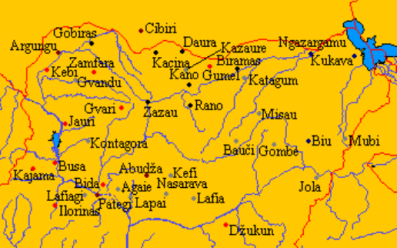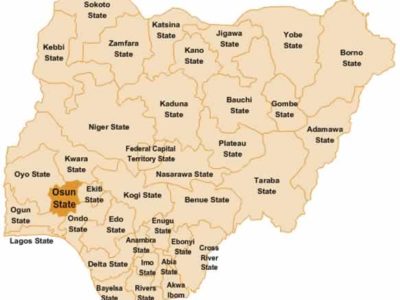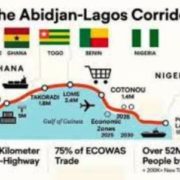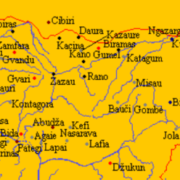In a global economy driven by rapid transactions and complex financial systems, the stability of a nation’s currency plays a crucial role in determining its economic health. Nigeria, a country with a rich history and a dynamic economy, stands at a crossroads where the redenomination of its currency, the Naira, could potentially provide a pathway towards enhanced economic stability. Drawing insights from similar African case studies, this article aims to analyze the reasons Nigeria should consider embracing the redenomination of the Naira.
Simplification of Transactions and Accounting
Redenomination involves replacing the existing currency with a new one by slashing zeroes off its value. This, in turn, leads to a simplification of transactions and accounting processes. A prime example lies in Zimbabwe’s redenomination in 2009 when they removed 12 zeros from their currency. The move streamlined financial operations and fostered a more efficient economic environment, making transactions and record-keeping less cumbersome.
Mitigation of Hyperinflation
African economies have, at times, struggled with hyperinflation, eroding the purchasing power of their currencies. Redenomination has been used as a tool to reset the value and build confidence in the currency. Ghana’s redenomination in 2007 witnessed a positive transformation. By dividing the old currency by 10,000, the new Ghana Cedi was introduced, which curbed inflationary pressures and inspired a sense of stability among its citizens.
Psychological Impact and Confidence Building
The psychological impact of dealing with excessively high denominations can lead to confusion and distrust among the populace. The redenomination of a currency can aid in restoring faith in the monetary system. Case in point, Turkey’s currency redenomination in 2005, where the Turkish Lira was replaced by the New Turkish Lira. This initiative aimed to eliminate the psychological impact of using millions for daily transactions and rekindled trust in the national currency.
Enhanced Global Perception
A redenomination can potentially project an image of fiscal discipline and responsible economic management to the international community. This was evident in Romania’s redenomination in 2005, when the country underwent a currency reform to address high inflation. This move positively influenced foreign investors’ perception of Romania’s economic stability, attracting foreign direct investment and fostering economic growth.
Addressing Logistical Challenges
It’s essential to acknowledge that redenomination comes with logistical challenges. Updating financial systems, educating the public, and coordinating the printing and distribution of new currency notes are complex tasks. However, these challenges can be effectively managed through meticulous planning, gradual implementation, and clear communication with all stakeholders.
Conclusively, history has shown that redenomination can be a strategic move for nations seeking to enhance economic stability. African case studies such as Zimbabwe, Ghana, Turkey, and Romania provide valuable insights into the potential benefits of such an endeavor. By simplifying transactions, mitigating hyperinflation, building confidence, and improving global perception, Nigeria could position itself for a brighter economic future. While challenges are inevitable, careful planning and execution could pave the way for a successful redenomination of the Naira and contribute to Nigeria’s continued growth and development on the global stage.



















